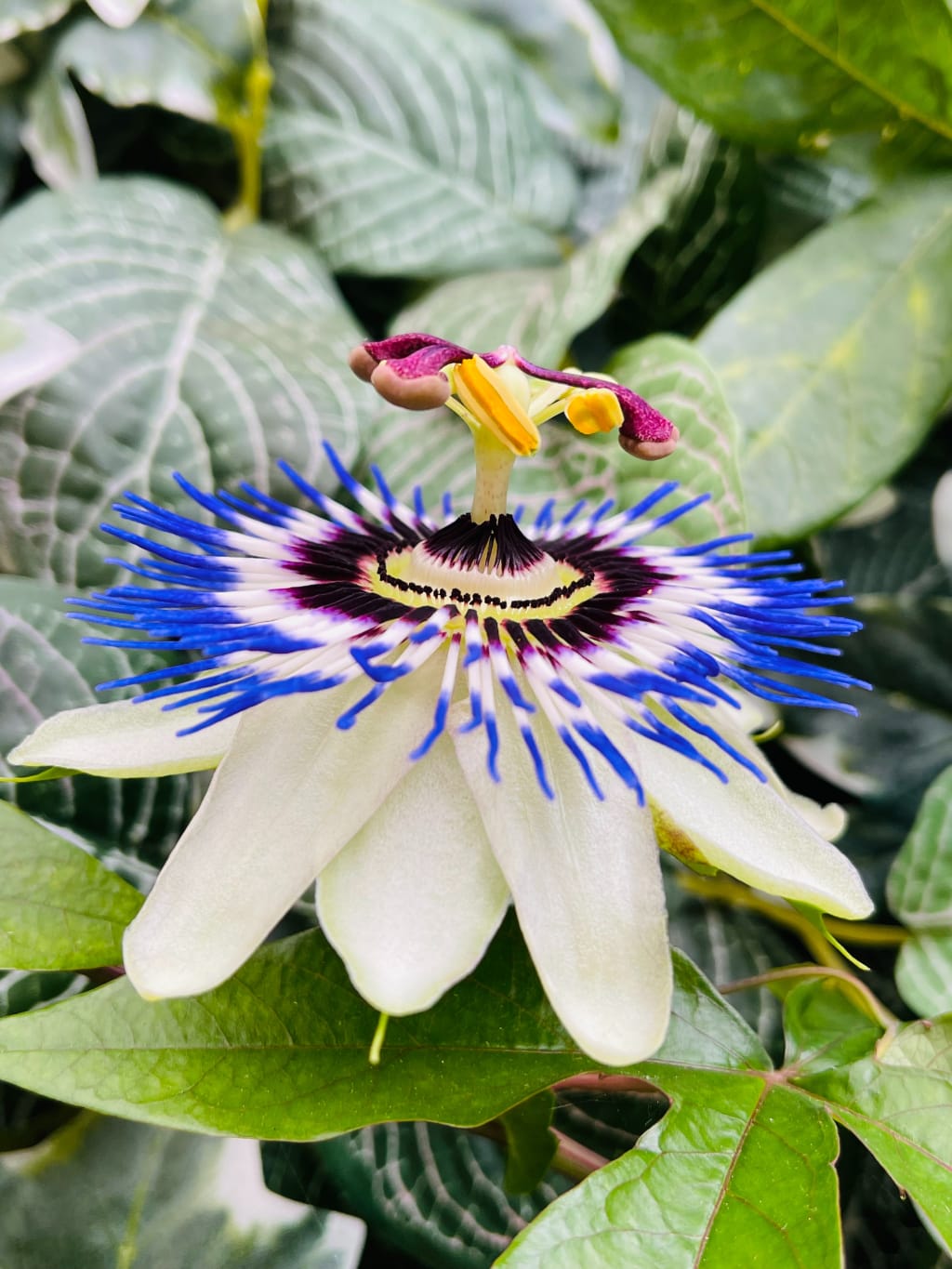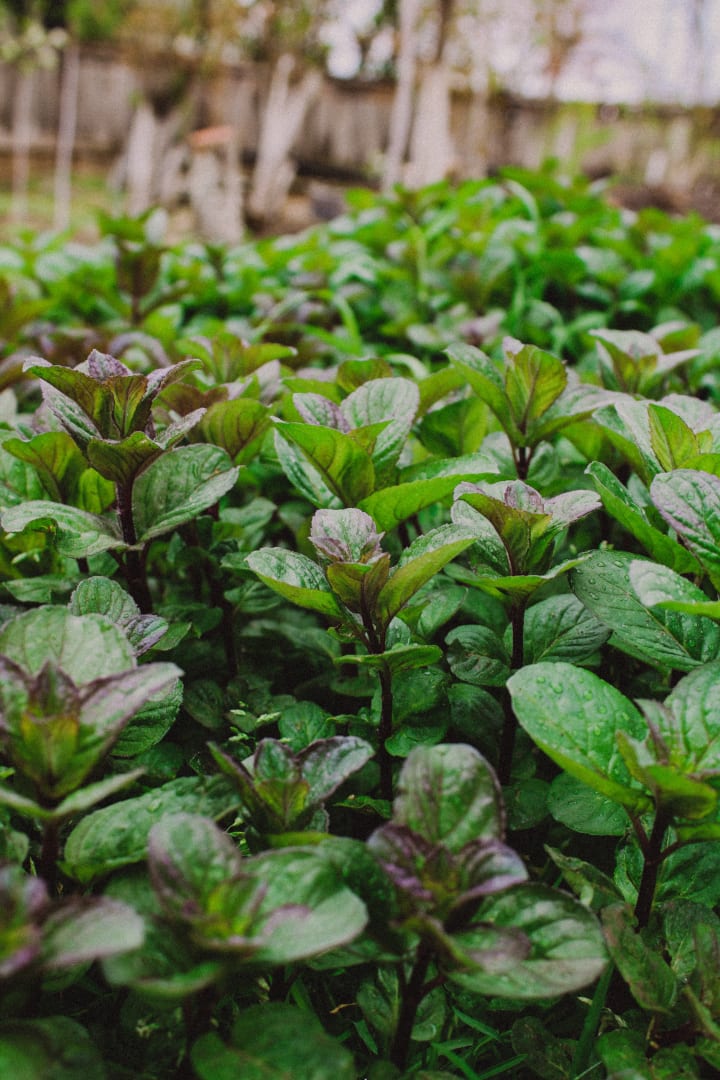A Comprehensive Guide To The Stress-Reducing Benefits Of Passionflower To Lower Blood Pressure
blood pressure control

What is Passionflower and How Can it Help Reduce Stress and Lower Blood Pressure?
Passionflower is a natural herb that has been used for centuries to help reduce stress and anxiety, as well as to lower blood pressure. It has a calming effect on the body and mind, which can help reduce stress levels and improve overall health. Recent studies have also shown that Passionflower can be beneficial in reducing high blood pressure levels, making it an effective way to keep your heart healthy. In this article, we will explore the benefits of Passionflower and how it can be used to help reduce stress and lower blood pressure.
Understanding the Soothing Effects of Passionflower and Its Different Forms
The formal name for passionflower is Passiflora incarnata. It is a beautiful flowering plant that grows in both North and South America. Indigenous cultures have used it for hundreds of years because it has many healing qualities, especially because it calms the mind and body. Passionflower comes in many different forms, and each one has its own uses and benefits.
Herbal Tea or Infusion:
Herbal tea or infusion is one of the most popular ways to eat passionflower. To get the good chemicals out of the plant, the dried leaves and flowers are soaked in hot water. Passionflower tea is known for making people feel calm and relaxed. This makes it a popular choice for people with worry, stress, or trouble sleeping. The tea can be drunk before bed to help you feel more relaxed. It also helps you sleep better.
Tincture:
The active parts of passionflower are taken out of the plant’s leaves and flowers by soaking them in alcohol or glycerin. Tinctures are often taken by putting a few drops under the tongue. They are a concentrated form of passionflower. They let the plant’s chemicals get into the bloodstream quickly, which makes them good for fast relief from worry or nervousness.
Capsules or tablets:
Passionflower is also found in the form of capsules or tablets, which contain powdered or extracted forms of the plant. These pre-measured amounts are easy to use and are often used to treat long-term anxiety or help people sleep. People take capsules or tablets by mouth, and they are easy to add to daily supplement practice.
Passionflower ingredients can be found in a number of creams, lotions, and oils that are used on the skin. These mixtures are mostly used because they soothe the skin and help get rid of redness, irritation, or rashes. Passionflower is good for skin care because it contains natural antioxidants and anti-inflammatory substances.

The Scientific Evidence Behind the Benefits of Passionflower
More and more research shows that passionflower has health benefits and could be used as a natural treatment for a number of diseases. Passionflower is a holistic way to improve emotional and physical health. It can calm anxiety and help you fall asleep, and it can also treat depression and reduce inflammation. Passionflower is usually thought to be safe, but you should always talk to a doctor before starting any new herbal supplement or treatment plan. This is especially important if you already have a health problem or are taking other medications. Passionflower could become an important part of natural health and wellness practices if more study is done on it.
How to Use Passionflower for Maximum Effect
- Choose the Right Form: Passionflower comes in pills, tablets, liquid extracts, and teas, among other forms. Choose a form that fits your wants and tastes. Tea preparations are often thought of as more traditional, and they can be a relaxing routine.
- Find the Right Dosage: The right dose of passionflower depends on things like the product’s strength and how your body reacts to it. Follow the directions on the product’s label or talk to a healthcare professional to figure out the right dose for your case.
- Think about when to use Passionflower. It can be used at any time of day or night. During the day, it is often used to help people relax and feel less anxious. At night, bigger doses or stronger preparations can help people fall asleep. Change the time based on what you want to happen.
- Start with a Lower Dose: If passionflower is something you’ve never tried before, it’s best to start with a lower dose and slowly increase it as required. This lets your body get used to the herb and helps you figure out the right amount to take, so you don’t get too much all at once.
- Be consistent: If you want to get the most out of Passionflower, you should use it regularly over time. Use it every day or as needed, but don’t use it too much or for too long without the advice of a healthcare expert.
- Combine with Other Relaxation Methods: Passionflower can be used in other ways to calm down, like deep breathing, meditation, or gentle yoga. Using more than one way to relax at the same time can make them all work better.
- Be aware of possible drug interactions. Some medications, such as sedatives, anti-anxiety drugs, and blood thinners, may mix with passionflower. Before using Passionflower, you should talk to a doctor if you are on any medications, have a pre-existing medical condition, are pregnant or nursing, or if you have any questions about your health.
- Watch how you feel: Pay attention to how Passionflower changes you. If you have any bad responses or feel uncomfortable, stop using it and talk to a doctor or nurse.
What Other Natural Remedies Can Help Reduce Stress?
- Lavender: Lavender is well-known for its calming properties. You can use lavender essential oil in a diffuser, add a few drops to your bathwater, or even apply it topically to help promote relaxation and reduce stress.
- Exercise: Regular physical exercise is a fantastic way to reduce stress. Engaging in activities like walking, jogging, swimming, or yoga releases endorphins, which are natural mood boosters.
- Meditation: Practicing meditation or mindfulness techniques can help calm the mind and reduce stress levels. It involves focusing your attention on the present moment and observing your thoughts and sensations without judgment.
- Exercise relaxation techniques: Techniques like deep breathing exercises, progressive muscle relaxation, and guided imagery can help relax your body and mind. These techniques are easy to learn and can be practiced anywhere.
- Ashwagandha: Ashwagandha is an adaptogenic herb that has been used in Ayurvedic medicine for centuries. It helps the body adapt to stress and promotes a sense of calm. It is available in supplement form.
- Valerian root: Valerian root is another herb that can be used for stress relief. It has sedative properties and may help promote relaxation and improve sleep. It is commonly available as a supplement or herbal tea.
- Aromatherapy: Essential oils like bergamot, ylang-ylang, and frankincense are known to have stress-relieving properties. You can use them in a diffuser, massage oil, or add a few drops to a warm bath.
- Regular sleep routine: A consistent sleep schedule with adequate hours of sleep can significantly reduce stress levels. Establish a bedtime routine, avoid electronics before bed, and create a calm and comfortable sleep environment.
- Social support: Connecting with friends, family, or support groups can help alleviate stress. Talking about your feelings and concerns with others can provide emotional support and a fresh perspective.
- Hobbies and relaxation techniques: Engaging in activities you enjoy, such as reading, gardening, listening to music, or practicing a hobby, can help divert your mind from stress and promote relaxation.
Conclusion: Taking Advantage of the Power
In conclusion, passionflower’s effectiveness in reducing blood pressure should not be discounted. In this article, we have looked at the several ways in which passionflower might lower blood pressure. Passionflower’s potential as a natural cure for those with high blood pressure stems from its calming and anxiety-reducing effects as well as its anti-inflammatory and blood-vessel-protective properties.
About the Creator
Abby blasius
I am a passionate content creator with a strong focus on health and wellness. While my educational background lies in a Bachelor of Accounting and Finance, it is my innate desire to help people feel good about themselves in mind, body&soul
Enjoyed the story? Support the Creator.
Subscribe for free to receive all their stories in your feed. You could also pledge your support or give them a one-off tip, letting them know you appreciate their work.






Comments
There are no comments for this story
Be the first to respond and start the conversation.